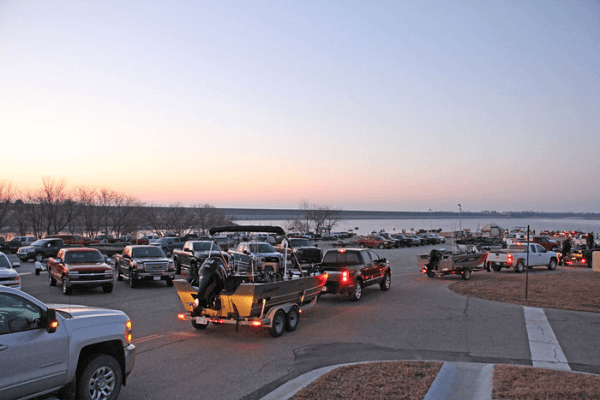The observation that ‘the fishing’s not what it used to be’ ranks up there with ‘the one that got away’ as a story that has crossed over from folk wisdom to folklore. But what if there is truth in it? New research published in Fish and Fisheries suggests that slow but steady degradation of recreational fisheries may be common, and points to actions that anglers and fisheries managers can take to help stabilize and improve fisheries today and for future generations.
Fishery biologist Dr. Chelsey Nieman led the study when they were a postdoctoral researcher at Cary Institute of Ecosystem Studies. They explain, “For too long, recreational fisheries were seen as self-regulating. We now know that their sustainability depends on both natural and human features. When these conditions change, it can have big implications for fish populations and the quality of the fishing experience.”
Nieman and co-author Dr. Chris Solomon, an ecologist at Cary Institute, focused on the human side of fisheries. Their study is one of the first to explore the role that slow social change plays in the resilience of recreational fisheries. “When change happens over many years or generations, it can be hard for people to perceive it or summon the will to act on it,” Solomon notes. “Yet our work shows that slow social changes that can degrade fisheries may be quite common and widespread.”
Read more at: Cary Institute of Ecosystem Studies
A busy lake parking lot. (Photo Credit: Acorns Resort/Flicker)


